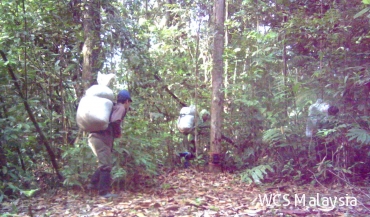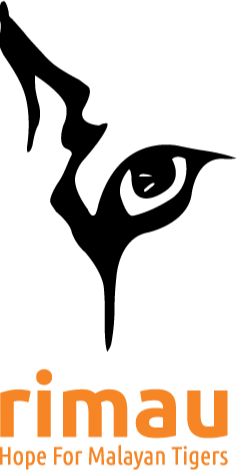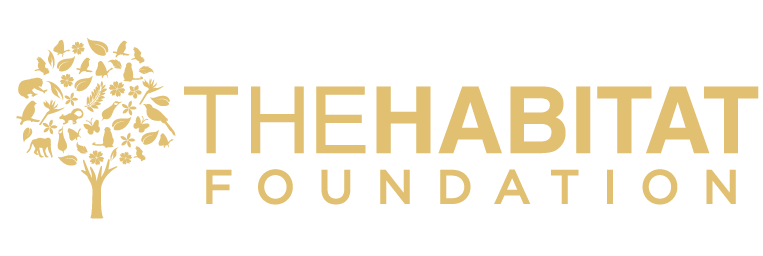SWT are continuely talking to other conservation partners we might consider supporting in the future.
In order to achieve our objectives, all of our profits raised go directly to 1 - creating and implementing mass media and public awareness campaigns run by SWT, and 2 - targeted & critical tiger conservation projects and demanding reduction initiatives that make a real difference. These projects are run by SWT and/or our conservation & marketing partners:
The Environmental Investigation Agency (the EIA)
The EIA was formed in 1984, sparking national outcry after documenting the brutal slaughter of pilot whales in the Faroe Islands. The EIA uses undercover investigations with hidden filming, fake companies and detective work to expose environmental crimes and abuses of the natural world. Investigators often work in dangerous circumstances to gather evidence. SWT funds are spent on vital investigations which collect intelligence and exposing the criminal networks that exploit the tiger trade to such deadly effect.
The EIA work with enforcement professionals who can take action on the frontline, decision-makers in government who can allocate resources and support for enforcement, and colleagues in the NGO and media community who can transform the findings of in-depth investigations and campaign reports into meaningful messages to consumers.
EIA’s early investigations examined the availability of the parts and derivatives of tigers used in traditional Chinese medicine despite China’s 1993 ban on the use of tiger bone. Their work contributed to changes in regulations in Japan and the USA to make it illegal to sell products that were labelled or advertised as containing tiger, simplifying enforcement.
More recently, EIA has partnered with the Wildlife Protection Society of India to investigate and document the trans-Himalayan trade in the skins of tigers. The trade spiralled out of control at the turn of this century, with evidence of ever more organised transnational criminal networks emerging between India, Nepal, Tibet and China.
EIA exposes enforcement gaps and informs decision-makers of the urgent reforms needed to combat the trade.
Previous funds raised by Save Wild Tigers contributed to research and field investigations which led to the publishing of ‘Hidden in plain sight’.
The Wildlife Conservation Society Malaysia
The Wildlife Conservation Society (WCS), founded in 1895, has the clear mission to save wildlife and wild places across the globe. WSC Malaysia works in the Endau-Rompin National Park which contains rock formations dating back some 240 million years and is thought to be the world’s oldest tropical rainforest complex.
The Endau-Rompin Landscape is home to the Orang Asli of the indigenous Jakun tribe. This lowland rainforest is one of three main landscapes in Peninsular Malaysia for tigers. Covering an area of nearly 3,600 sq km, the Endau-Rompin Landscape is home to the second largest national park in the Peninsula: Endau Rompin Johor National Park and Endau Rompin State Park Pahang, located in the states of Johor and Pahang.
However, unsustainable hunting and poaching is a major threat to Endau-Rompin’s wild animal,s so WCS is working with the Johor National Parks Corporation (JNPC), Johor and Pahang Forest Departments, Department of Wildlife and National Parks (Johor and Pahang), Royal Malaysian Police, and Kulim (Malaysia) Berhad in the Endau-Rompin Landscape to help balance development and conservation interests and to protect the region’s tigers, elephants, and other threatened species. Conservation interventions include:
- camera-trapping of tigers
- training program to improve law enforcement and protection
- conservation education
- general wildlife monitoring
- management methods
The Born Free Foundation (BFF)
The BFF is an international wildlife charity working worldwide to save lives, stop suffering, rescue individuals and protect species. The BFF is taking global action to save tigers from extinction and stop their exploitation. Vital funding goes directly into field projects which engage communities and help secure crucial tiger habitat, allowing tigers to stay in the wild. With financial help from Save Wild Tigers, the BFF manages the Satpuda Landscape Tiger Programme.
The Satpuda Landscape Tiger Programme (SLTP) is a collaboration between the Born Free Foundation and the Wildlife Conservation Research Unit at the University of Oxford. Sustained SLTP efforts are entrenching a greater political commitment to conserve Bengal tigers in India and ensure the most cost-effective investment of limited resources. Conservation activities include:
- Mitigating tiger-human conflict
- Tackling wildlife crime
- Monitoring tiger populations
- Raising awareness
- Improving the livelihoods of people living next to tigers
Over the last two years the SLTP's actions have included:
- Educating over 30,000 children in environmental issues
- Delivering health services to over 30,000 rural people
- Supporting the relocation of villagers from tiger reserves
- Supporting the establishment of four critical tiger habitats and the delineation of a tiger reserve buffer zone
- Promoting environmentally sustainable livelihoods
- Sensitizing rural communities living alongside tigers to the means by which conflict can be reduced and coexistence promoted
- Bringing legal opposition to environmentally damaging projects, influencing and, in some cases, stopping their implementation

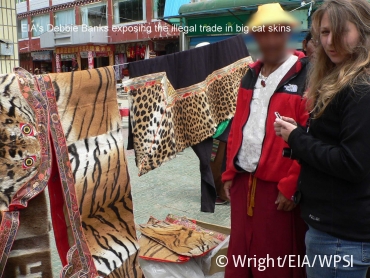 ,
, 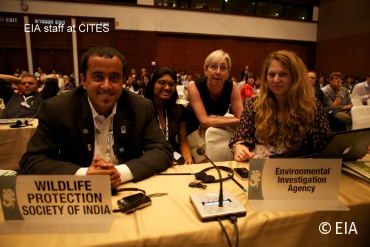 ,
, 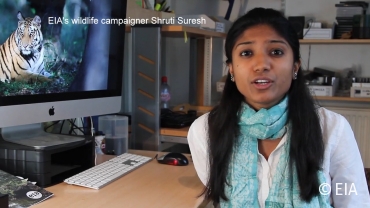 ,
, 